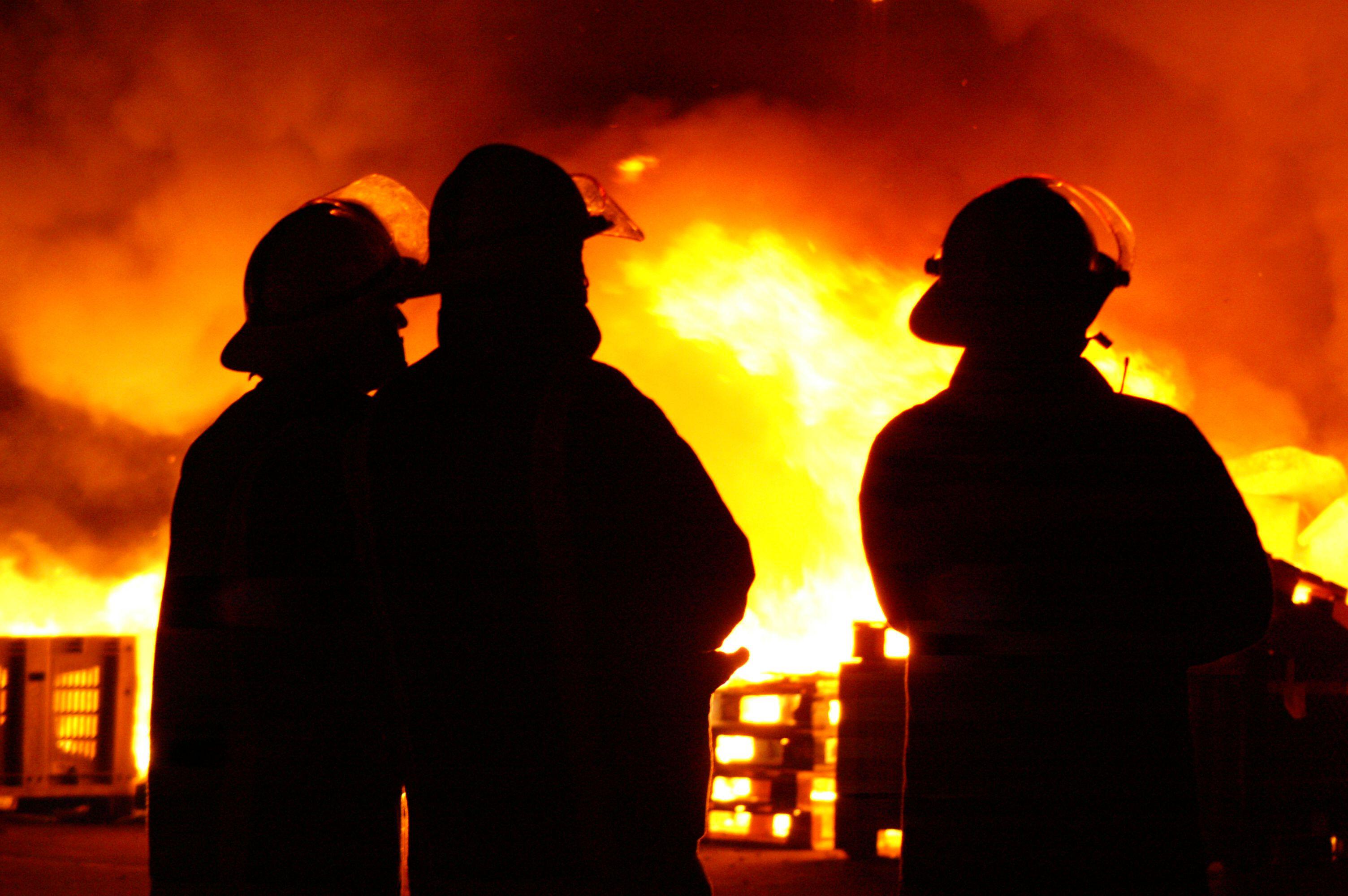Humanitarianism at home
Exploring practitioners’ perspectives on the relevance of humanitarianism in Australia
DOI:
https://doi.org/10.21153/thl2022art1527Keywords:
humanitarians, Australia, humanitarian action, humanitarian definition, australian bushfiresAbstract
Australia has faced various unprecedented challenges in recent years: the extended bushfire season of 2019–20, wide-spread and increasingly severe storms and flooding, and the grave health and socio-economic impacts of the global COVID-19 pandemic. Such events have prompted greater awareness of our shared vulnerability to disasters. They have also exacerbated food insecurity, homelessness, poverty, family violence, and increased the vulnerability of refugees and people seeking asylum in Australia. Where disasters and similar issues are identified in low-income countries, they are typically framed in terms of humanitarian need and may even be the subject of international humanitarian action. Why is it then, that the language and practices of humanitarianism are not ordinarily applied in Australian settings? What indeed is humanitarianism when it is not international? What, if anything, do international experiences of humanitarianism have to offer in Australian contexts? This paper describes a research program that has been prompted by these questions and shares some preliminary findings concerning the perspectives of Australian practitioners on the relevance of humanitarian values, knowledge, and practices in Australia.
Downloads
References
Atkinson, C., & S. Curnin, (2020). Sharing responsibility in disaster management policy. Progress in Disaster Science, 7, 100122.
Australian Institute for Disaster Resilience Australian Disaster Resilience Handbook Collection: Community Recovery (2018) Retrieved from https://knowledge.aidr.org.au/resources/glossary-about/
Australian Government Department of Home Affairs 2018, National Disaster Risk Reduction Framework, www.homeaffairs.gov.au/emergency/files/national-disaster-risk-reduction-framework.pdf
Barnett, M., & T. G. Weiss. (2008). Humanitarianism in Question : Politics, Power, Ethics. Cornell University Press.
Bathurst Free Press and Mining Journal. (1858, 16 June). The Donegal Relief Fund. http://nla.gov.au/nla.news-article64376666
Boltanski, L. (1999). Distant suffering: Morality, media and politics. Cambridge University Press.
Book, M. & R. Coghlan (2020) Rethinking vulnerability in the era of COVID-19. Centre for Humanitarian Leadership. https://centreforhumanitarianleadership.org/the-centre/news/rethinking-vulnerability-in-the-era-of-covid-19/.
Convery, S. & Henriques-Gomes, L. (2021, 21 November). ‘We need to be alarmed’: food banks in overdrive as politicians allow Australians to go hungry. The Guardian. https://www.theguardian.com/australia-news/2021/nov/21/we-need-to-be-alarmed-food-banks-in-overdrive-as-politicians-allow-australians-to-go-hungry.
COAG. (2011). National Strategy for Disaster Resilience. www.knowledge.aidr.org.au/resources/national-strategy-for-disaster-resilience/
Cohen, I.B., 1984. Florence Nightingale. Scientific American, 250(3), pp.128-137.
Commonwealth of Australia (2020). Royal Commission into National Natural Disaster Arrangements Report, CoA, released October 28 2020, https://naturaldisaster.royalcommission.gov.au/publications/html-reportISBN: 978-1-921091-45-2 (Print) ISBN: 978-1-921091-46-9 (Online) 519 page
De Waal, A., & de Waal, D. A. (1997). Famine crimes: politics & the disaster relief industry in Africa. Indiana University Press.
Flint, J., P. Henty & B. Hurley (2020). The cost of good intentions in the Australian bushfires – Perspectives from the international humanitarian sector. Humanitarian Advisory Group. Blog. Available at: https://humanitarianadvisorygroup.org/the-cost-of-good-intentions-in-the-australian-bushfires-perspectives-from-the-international-humanitarian-sector/
Hanrieder, T. & Galesne, C. (2021). Domestic humanitarianism: the Mission France of Médecins Sans Frontières and Médecins du Monde. Third World Quarterly, 42:8, pp. 1715-1732.
Harpur, J. J. (1848, 15 January). Original Correspondence: Capital Punishment. Maitland Mercury and Hunter River General Advertiser, p. 4. https://trove.nla.gov.au/newspaper/article/695660?afterLoad=showCorrections
International Federation of Red Cross and Red Crescent Societies. (1995). Code of conduct for the International Red Cross and Red Crescent Movement and Non-Governmental Organizations (NGOs): in disaster relief. Geneva.
Maxwell, D. G., & P. Walker. (2008). Shaping the humanitarian world. Taylor & Francis Group. Oxford.
Olliff, L. (2018). From Resettled Refugees to Humanitarian Actors: Refugee Diaspora Organizations and Everyday Humanitarianism. New Political Science, 40(4), pp.658-674.
Parliament of Australia. (2020, 4 February). Condolences: Australian Bushfires (Speech). https://parlinfo.aph.gov.au/parlInfo/genpdf/chamber/hansardr/0fd15237-92f1-4dbd-bab5-e7bba7ee781d/0006/hansard_frag.pdf;fileType=application%2Fpdf
Philaleth. (1833, 13 July). To the Editor of the Perth Gazette. The Perth Gazette and Western Australian Journal. http://nla.gov.au/nla.news-article641995.
Richey, L.A. (2018). Conceptualizing “everyday humanitarianism”: Ethics, affects, and practices of contemporary global helping. New Political Science, 40(4): pp. 625-639.
Slim, H. (2002). Claiming a humanitarian imperative: NGOs and the cultivation of humanitarian duty. Refugee Survey Quarterly, 21(3), pp.113-125.
Slim, H. (2010). Book review - Humanitarianism and Suffering: The Mobilization of Empathy. Edited by Richard Ashby Wilson and Richard D. Brown. New York: Cambridge University Press, 2008. Perspectives on Politics, 8(4), 1205-1206.
Slim, H. (2015). Humanitarian ethics: A guide to the morality of aid in war and disaster. Oxford University Press.
Tin, D., Hart, A., & Ciottone, G. R. (2020). The case for an Australian disaster reserve force. American journal of emergency medicine.
Wilson, S., Sivasubramaniam, D., Farmer, J., Aryani, A., De Cotta, T., Kamstra, P., Adler, V. and Knox, J., (2020). Everyday humanitarianism during the 2019/2020 Australian bushfire crisis. Available at: https://apo.org.au/node/303465
Victorian Council of Social Service (2020). Perspectives from the frontline: VCOSS Bushfire Recovery Project Consultation Report. https://vcoss.org.au/wp-content/uploads/2020/05/SUB-National-Natural-Disaster-Royal-Commission-FINAL.pdf
Vivekananthan, J. and P. Connors (2019). Crossing the divide: Pacific diaspora in humanitarian response to natural disasters A diasporic perspective. Centre for Humanitarian Leadership. https://centreforhumanitarianleadership.org/research/publications/crossing-the-divide-pacific-diaspora-in-humanitarian-response-to-natural-disasters/
Yeophantong, P. (2014). Understanding humanitarian action in East and Southeast Asia: A historical perspective. Humanitarian Policy Group.







